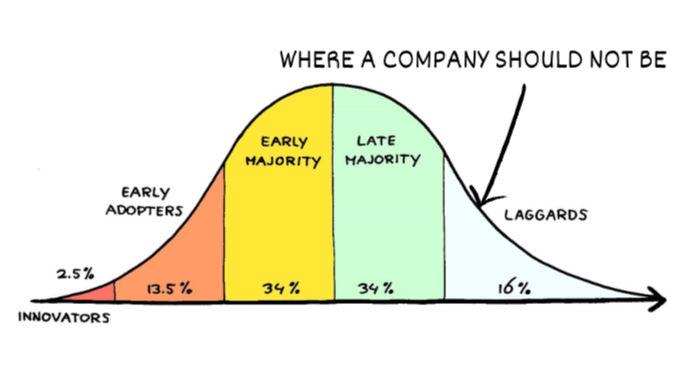Construction Site Improvment: LiDAR + BIM + Procore
- Anne Werkmeister
- May 16, 2025
- 3 min read
Updated: May 19, 2025
The Golden Triangle of Smart Construction

Why One Tool Isn’t Enough Anymore
In today’s construction environment, managing cost, quality, and deadlines is no longer just about good planning, it’s about real-time precision.
You might already use:
BIM to plan and visualize.
Procore to manage site workflows.
LiDAR to scan as-built progress.
Individually, these tools are powerful. But together, they create a feedback loop that closes the gap between design, execution, and reporting.
BIM Is the Digital Blueprint
BIM (Building Information Modeling) is your single source of design truth.It defines:
What needs to be built
How it fits together
What materials are used
How components interact over time (4D/5D)
But a model is static. It doesn’t tell you if the real-world site is keeping up, or drifting away from plan.
LiDAR Shows the Truth on Site
Terrestrial, drone, or handheld LiDAR scanners capture millimeter-level 3D point clouds of the current construction state.
By comparing these scans to your BIM model, you can:
Detect misalignments
Identify missing components
Validate tolerances
Track true progress, objectively
LiDAR transforms physical work into measurable digital evidence.
Procore Makes It Actionable
Procore is your field team's day-to-day operational hub.
It handles:
RFIs, observations, defects
Drawings and version control
Inspections and QA
Daily progress logs
Coordination Issues
How the Workflow Looks (Expanded)
Start with a Federated BIM Model
Design teams collaborate using platforms like Revit or Navisworks, creating coordinated IFC files and design intent.
Scan the Site with LiDAR
Use terrestrial scanners, drones, or handheld devices to capture a current point cloud.
Compare LiDAR to BIM
Using tools like Verity or NavVis, automatically detect:
Missing elements
Positioning deviations
Tolerance breaks
Flag Discrepancies in BIM Coordination Tools
Found a problem? Create a Coordination Issue directly in your BIM platform (e.g., Navisworks or BIMcollab).
Track Resolution and Update Progress
Once resolved, link the update to Procore’s Daily Log, Progress Tracking, or Inspections.
This ties the detected issue → action taken → verified outcome all into one platform.
Smart Progress Management with LiDAR, BIM & Procore
With this integrated approach, you can manage progress in ways that were previously impossible:
Scan the site every week → overlay against BIM → detect % of installed elements
Link detected status to specific BIM components (walls, MEP, slabs)
Use this to update Procore’s Progress Tracking or create automated logs
Build objective progress curves without waiting for manual reports or photos
This gives project managers real visibility into how fast the job is really moving, and where it’s falling behind.
It also removes guesswork in claims, delays, or disputes.
Benefits of Integrating All Three
Benefit | What It Means |
Faster Issue Detection | Find problems before they become rework. |
Objective Progress Tracking | No more guesswork: use scan data to validate completion. |
Improved Quality Control | Every element is verifiable to design intent. |
Real-Time Collaboration | Everyone has access to the same data, in the same system. |
Reduced Rework and Waste | Aligning field reality with design avoids expensive corrections. |
The future of construction isn’t just visual, it’s verified, synchronized, and collaborative.
BIM alone is planning.
LiDAR alone is reality capture.
Procore alone is workflow management.
But when you combine all three, you unlock something more powerful:
A closed feedback loop where the plan, the execution, and the communication are always in sync.
At Romulus Technology, we help companies implement this triangle, turning complexity into clarity, data into action, and decisions into results.



Comments